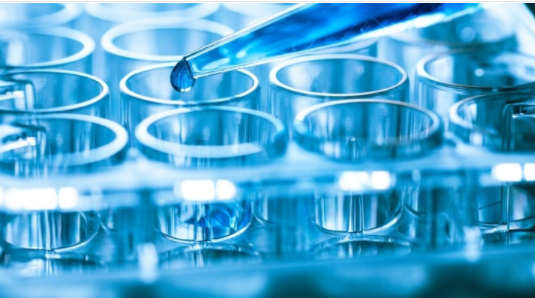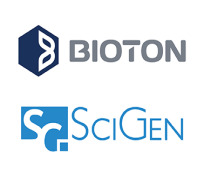Yifan Pharma’s unit, eyeing US$5.5 billion post-chemotherapy treatment market dominated by Amgen, considers IPO in 2021

Evive’s F-627 candidate has shown promising results after several phase three clinical trials, CEO Liu Jubo says
Amgen’s second best-seller Neulasta, whose patent expired five years ago, generated US$3.2 billion of sales in 2019
Evive Biotech, a unit of Shenzhen-listed Yifan Pharmaceutical, aims to break the dominance of American drugs developer Amgen in the US$5.5 billion global market for a type of post-chemotherapy treatment drugs.
In the process, the innovative drugs developer is hoping to become the first Chinese company to win regulatory approval to sell a novel biological drug in the US market, chief executive Liu Jubo said in an interview.
Biological drugs, also known as large molecule drugs, are derived from living organisms. Evive has so far conducted 10 clinical trials on 1,200 breast cancer patients in China, Europe and the US, showing its F-627 candidate drug to be “at least as efficacious and safe” as Amgen’s Neulasta.
“For the biological sector, we are pretty confident [on this candidate],” Liu said. “No other drug has completed phase three trials so far, we do not see a close catch-up player from China that will do the same thing in the near future.”
Hangzhou-based Yifan, one of the world’s largest vitamin B5 makers, paid 1 billion yuan (US$147.8 million) for a 62.3 per cent stake in Evive in 2016, a Singapore-based company founded by mainland Chinese scientists.
Evive Biotech has manufacturing facilities in Beijing, and drug research operations in Shanghai and Maryland in the US, is in the midst of a private-equity fundraising to gather about US$100 million. It is considering plans for an initial public offering (IPO) next year in Hong Kong, New York or Shanghai to meet its larger capital needs, Liu added.
About one-fifth of patients suffering from chemotherapy-induced neutropenia (CIN) do not respond to, or suffer from allergies, after taking Neulasta, chief executive Liu Jubo said, citing medical research.
Neulasta induces the bone marrow to boost white blood cells production. Low count of the infections fighters is a common side effect of chemotherapy. Some 70 per cent of nearly 10 million of chemotherapy receivers suffer from CIN annually, he said.
“CIN is one of the major dose-limiting toxicity problems of cancer chemotherapies,” Liu added. “The only drug that can effectively treat CIN is granulocyte colony stimulating factor (G-CSF) and the market is dominated by Amgen.”
Those who do not respond to Neulasta or have allergic reactions, including shortness of breath, dizziness and swelling around the mouth or eyes, need to stop the chemotherapy or reduce dosage.
Even cheaper biosimilars drugs produced by rival pharmaceutical groups, which are highly similar in safety and efficacy to Neulasta, have not solved the issue, Liu added.
Neulasta’s US patent expired five years ago. It was Amgen’s second bestselling drug last year, with sales dropping 28 per cent to US$3.2 billion in 2019 due to biosimilar competition and price cuts. Some 87 per cent of the sales came from the US market.
“Our drug candidate F-627 does not have the allergy issue and has the potential to do a better job on boosting immune cells production,” Liu said, adding no serious medical adverse events were reported in its 10 clinical trials, including three in phase three stage.
“We have good potential to prove that our candidate is superior but that will require expanding the trial to 800 more patients,” Liu said. “Our strategy was to get it through market launch first, followed by post-marketing trials.”
Evive is “on track” to file an application to the US regulators seeking marketing approval for the candidate, he said, declining to give a time frame. A separate application will be filed to Chinese regulators.
China’s CIN drugs sales have been growing at a compound average growth of 30 per cent in the past few years, reaching US$1 billion last year, Liu said.
Half of it – compared to 80 per cent in the US – was occupied by “long-acting” drugs, to which both Neulasta and F-627 belong. Only one dose is required for such drugs, compared to 5 to 8 doses for “short-acting” ones.

Position your company at the heart of the global Pharma industry with a CPHI Online membership
-
Your products and solutions visible to thousands of visitors within the largest Pharma marketplace
-
Generate high-quality, engaged leads for your business, all year round
-
Promote your business as the industry’s thought-leader by hosting your reports, brochures and videos within your profile
-
Your company’s profile boosted at all participating CPHI events
-
An easy-to-use platform with a detailed dashboard showing your leads and performance